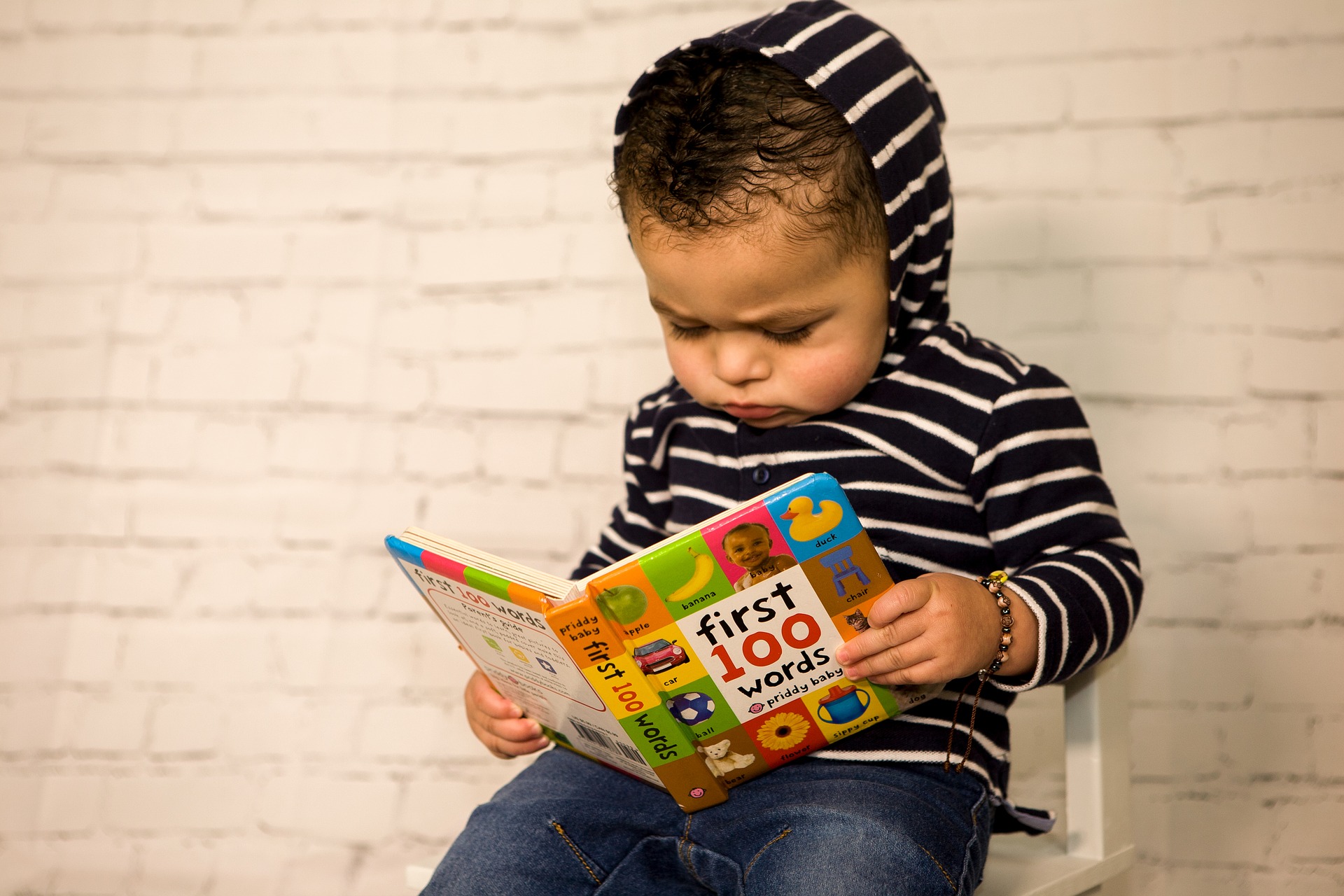Ready to start teaching English online?
Teach with VIPKidby Lisa Price
There are a lot of reasons your child should learn a foreign language. Maybe they’re learning a new language for school. Or maybe you’re looking to enroll them in online English classes for the first time––there are a lot of advantages to online learning and helping your child learn English. Whatever the case, you’re probably wondering: how do I help my child learn English as a second language?
Well don’t worry, we’re here to help! Learning a new language can be extremely rewarding for your child––they’re being exposed to a whole new culture! But helping them can also be just as rewarding for you as a parent. It is a great way to bond and spend time together.
Teaching your child a new language takes practice and patience. There are a variety of ways you can do this at home. Let’s look at our top 3 suggestions on how to teach your child English as a second language.

Reading and Role-Playing
Children’s books are a fantastic way to help your child learn a new language––VIPKid teachers know that reading is one of the best ways to teach phonics to ESL students, too.
If you’re not sure what book to start with, find one of their favorite stories in their native language that’s translated into English. This will help them understand what’s happening in the story and give them context.
But effective reading is so much more than just looking at pictures and sentences. When you’re reading with your child, encourage them to recreate scenes from the story with you. We call this role-playing––it’s like acting out a play!
Role-playing is great, too if you’re looking for help on how to help your shy student. Whether it is pretending to be a Wild Thing in Where The Wild Things Are or a page from A Very Hungry Caterpillar, it’s a great way to get your child to practice the language and grasp an understanding of what they’re reading.
Once they have a foundation, you could even recreate the story by acting it out with them. There are almost limitless ways that reading and role-playing can help you teach your child English as a second language––give it a shot!
Everyday Routines
A simple and effective way to teach your child English as a second language is to incorporate it into your everyday routines.
We recommend creating a schedule using pictures and English words for your activities. For example, if you want to practice your morning routine in English, say things like “Let’s brush our teeth,” with a picture of a toothbrush on your schedule. Remember to keep it simple––don’t try to do too much, like saying “okay, first we will brush our teeth, second, we will get dressed, third…”
Combining pictures, words, and actions is also an easy way to start practicing total physical response (TPR).
Once your child starts to have a better understanding, it can also be a great way to practice other things associated with the activity such as body parts, the weather, colors, and clothing items. Your routine can be about anything, not just a morning routine. Try it out!
Positive Reinforcement and Having Fun
Using positive reinforcement is vital for teachers to build rapport in the online classroom. But it’s also a key part of supporting your child’s language learning journey––you never want them to give up.
You know your child better than anyone––you know their interests, what is a challenge, and their talents. Whether it’s reading a story, watching a TV show, or counting toys, it’s important to keep encouraging your child. By making it a fun and positive experience, they will want to keep learning more from you.
A great way to show positive reinforcement––just have fun! Use some of the best games for English speaking practice, or even just sing with them and make up songs together. You could even create a reward system for learning English at home.
Try Learning English with VIPKid for Free!
Teaching your child on your own can be exhausting. At VIPKid, we offer online English lessons from qualified teachers––we’ve taught over a million lessons to students around the world!
Want to try for free? Sign your child up for a free trial lesson with VIPKid and see if online English learning is right for them!



